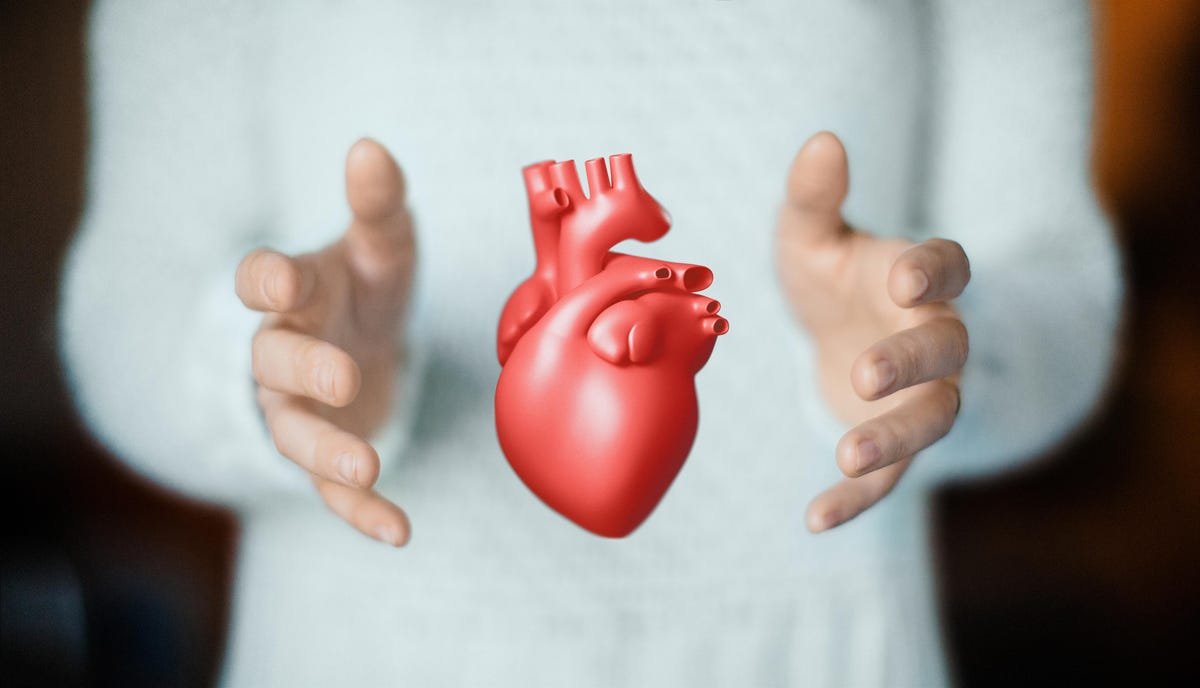Contrary to popular belief, congestive heart failure does not always indicate that the heart has ceased functioning. On the other hand, heart failure is a severe disorder in which the heart cannot adequately pump blood around the body. The heart’s pumping activity is responsible for delivering nutrient- and oxygen-rich blood to all body cells. The body cannot operate effectively if the cells are not adequately nourished.
Weaker heart can result in Fatigue and shortness of breath and cannot provide enough blood to the cells. Everyday actions that were once simple may become difficult to perform.
Congestive heart failure (CHF) occurs when the heart becomes weak and is unable to pump blood to satisfy your body’s needs efficiently. It is a chronic illness that worsens with time, and it has four stages. These stages are classified from “high risk of developing heart failure” to “advanced heart failure”.
When your CHF worsens, and you go through the phases, your heart muscle pumps less blood to your organs. Even with therapy, you cannot go backward. As a result, the objective of Congestive heart failure treatment is to either stop or reduce your development.
To determine the severity of your heart failure, your doctor can use a variety of tests.
Congestive heart failure stages
- Stage A: Heart failure has not appeared but there is high risk due to one or more underlying diseases, like high blood pressure, coronary artery disease, or diabetes.
- Stage B: A person has systolic left ventricular dysfunction but has not developed heart failure or associated symptoms.
- Stage C: A person has ongoing or previous heart failure symptoms and now has structural heart disease.
- Stage D: A person has advanced heart failure that is difficult to treat with conventional therapy.
What is the definition of congestive heart failure?
The inability of the heart to pump enough oxygen- and nutrient-rich blood to fulfill the body’s demands is referred to as heart failure. Congestive heart failure is a form of heart failure characterized by tissue congestion.
What is the option for Congestive heart failure treatment?
Patients suffering from congestive heart failure should be cared for by heart experts who provide a comprehensive variety of therapy choices. Furthermore, experts offer self-care advice that, when appropriate, treat underlying problems, help the heart operate more efficiently, and alleviate heart failure symptoms.
LIFESTYLE
A healthy lifestyle can assist people with congestive heart failure improve their quality of life. Among the major areas are:
- Diet- Patients should eat a heart-healthy diet reduced in salt, cholesterol, and saturated or Trans fats. You should control fluid intake, avoid alcoholic beverages and also limit caffeine intake.
- Smoking cessation – Smoking raises heart rate and blood pressure, making it more difficult to treat heart failure symptoms.
- Moderate physical exercise – Physical activity that the care team has recommended can be beneficial for people with congestive heart failure.
MEDICAL TREATMENTS
To enhance heart function and alleviate symptoms in individuals with congestive heart failure, a variety of medical treatments are employed, including:
- Diuretics are used to eliminate excess fluid.
- Beta-blockers are used to reduce heart rate and blood pressure.
- Vasodilators relax blood arteries, increasing blood flow and oxygen levels.
- Anticoagulants (blood thinners) are used to prevent clotting and lower the risk of heart attack or stroke.
- Statins are used to reduce cholesterol, and angiotensin-converting enzyme (ACE) inhibitors widen blood arteries and decrease resistance.
SURGERY AND INTERVENTIONS
- Interventional (catheter-based treatments) can occasionally treat the underlying causes of congestive heart failure, such as structural or valvular heart disease.
- Ventricular assist devices can improve the efficiency of the heart’s pumping.
- Cardiac Resynchronization Therapy (CRT) – As a result of CRT, the heart’s pumping activity on both sides is synchronized, resulting in a considerable reduction in symptoms for certain patients with congestive heart failure, according to the American Heart Association.
- Heart Transplantation – When all other alternatives have been explored, a heart transplant may be a possibility. Cardiovascular surgeons replace the patient’s damaged heart with a donor heart or an artificial heart while waiting for a donor heart to become available in heart transplantation.
Life expectancy in patients with congestive heart failure
The life expectancy of a person suffering from congestive heart failure is determined by the kind of heart failure, the etiology, the stage of the disease, and the effectiveness of therapy. When heart failure is caused by cardiomyopathy or coronary artery disease, the prognosis is generally less favorable than when heart failure is diagnosed in its early stages.
Before providing Congestive heart failure treatment suggestions, your doctor will discuss your specific preferences and concerns with you. The gravity of your disease, your age, and your general health will all be considered.
Summary
Congestive heart failure is a chronic disease that can worsen. Pre-heart failure through severe heart failure is the phase. You can’t go back in time, even with Congestive heart failure treatment, after you’ve advanced to the next stage.
However, if detected early, lifestyle modifications and medicines can slow or stop disease development. If you have risk factors for heart failure, talk to your doctor about the best way to avoid getting the disease.
Read Also : Home Care


